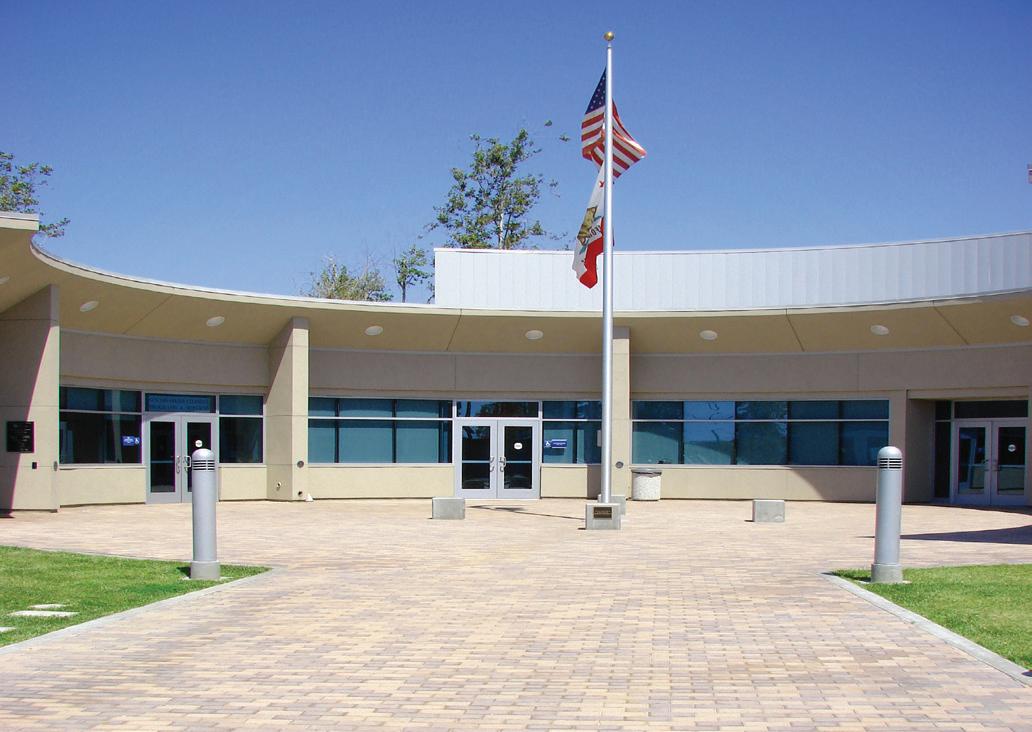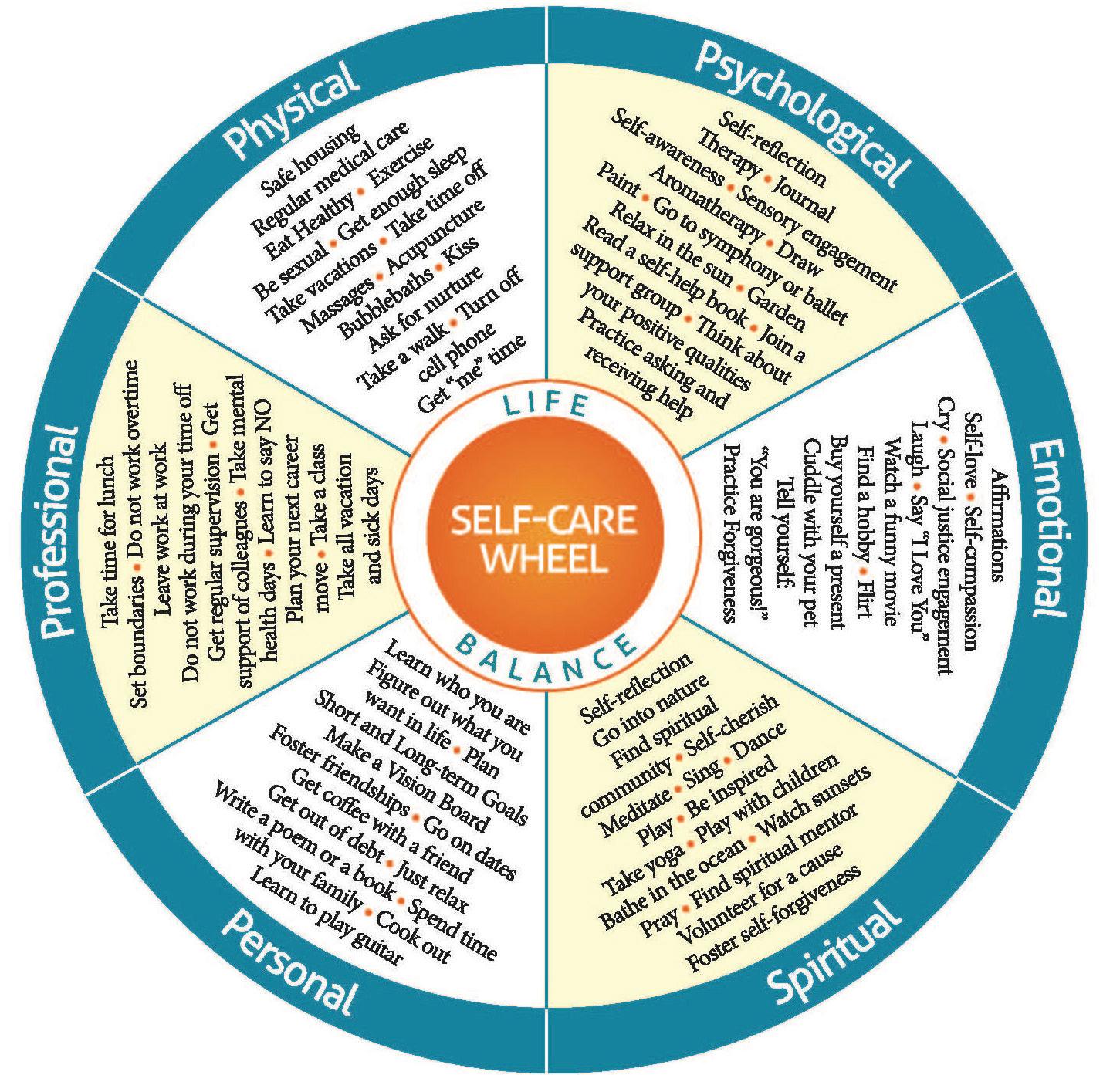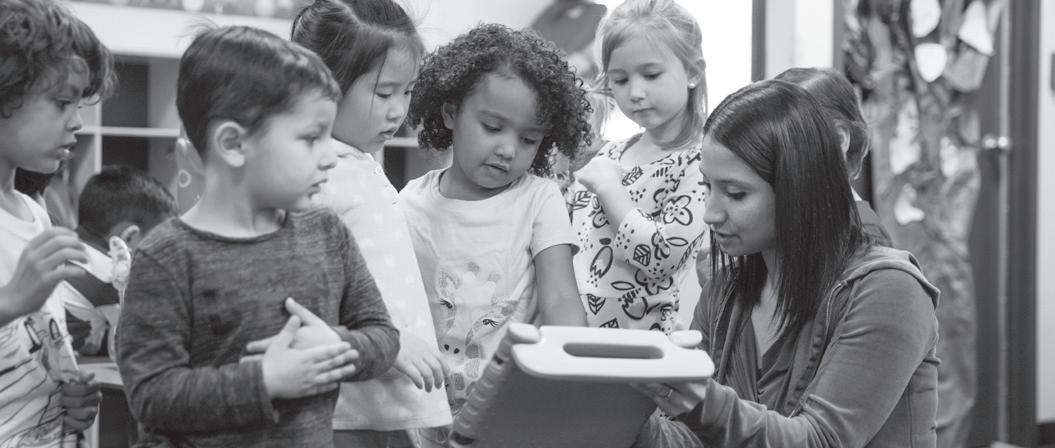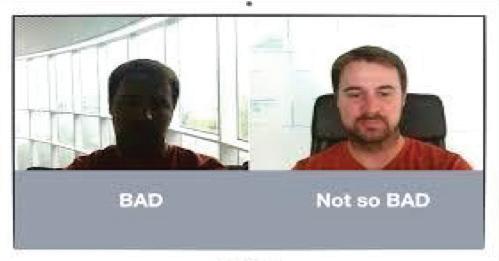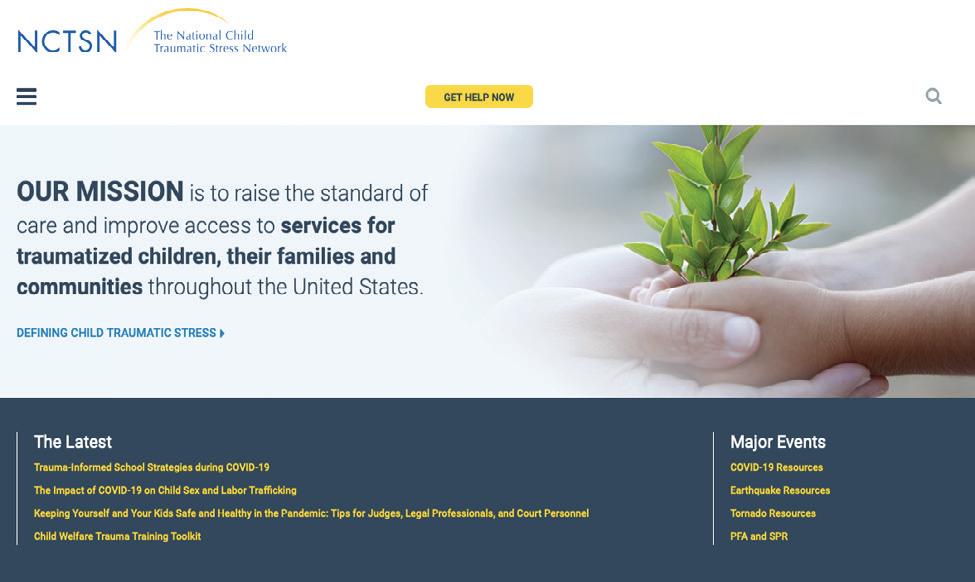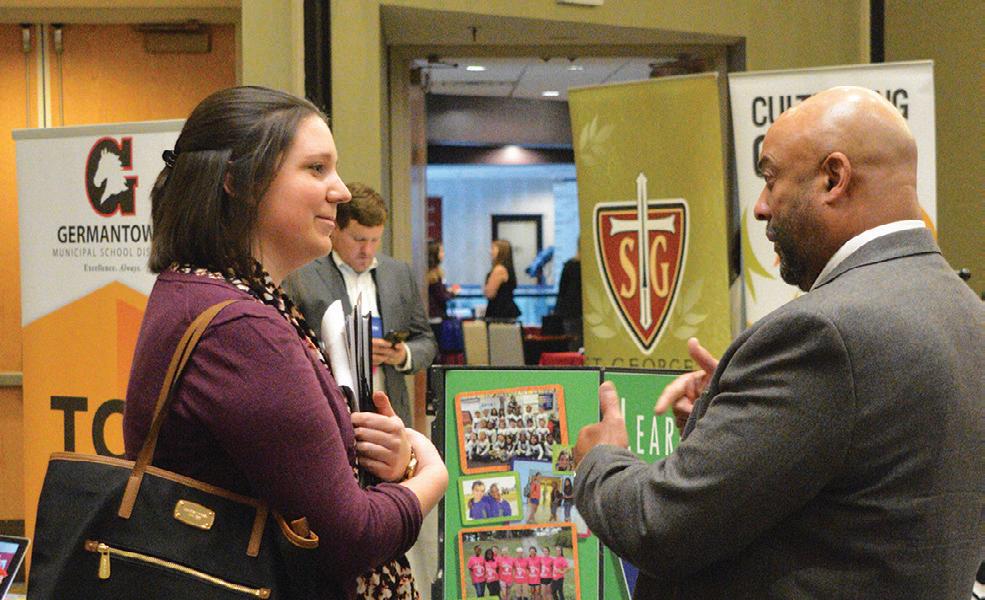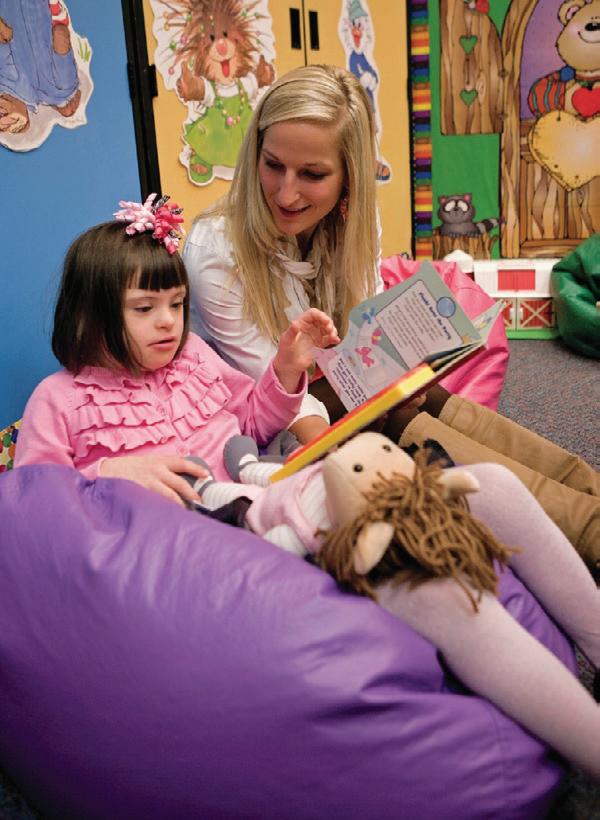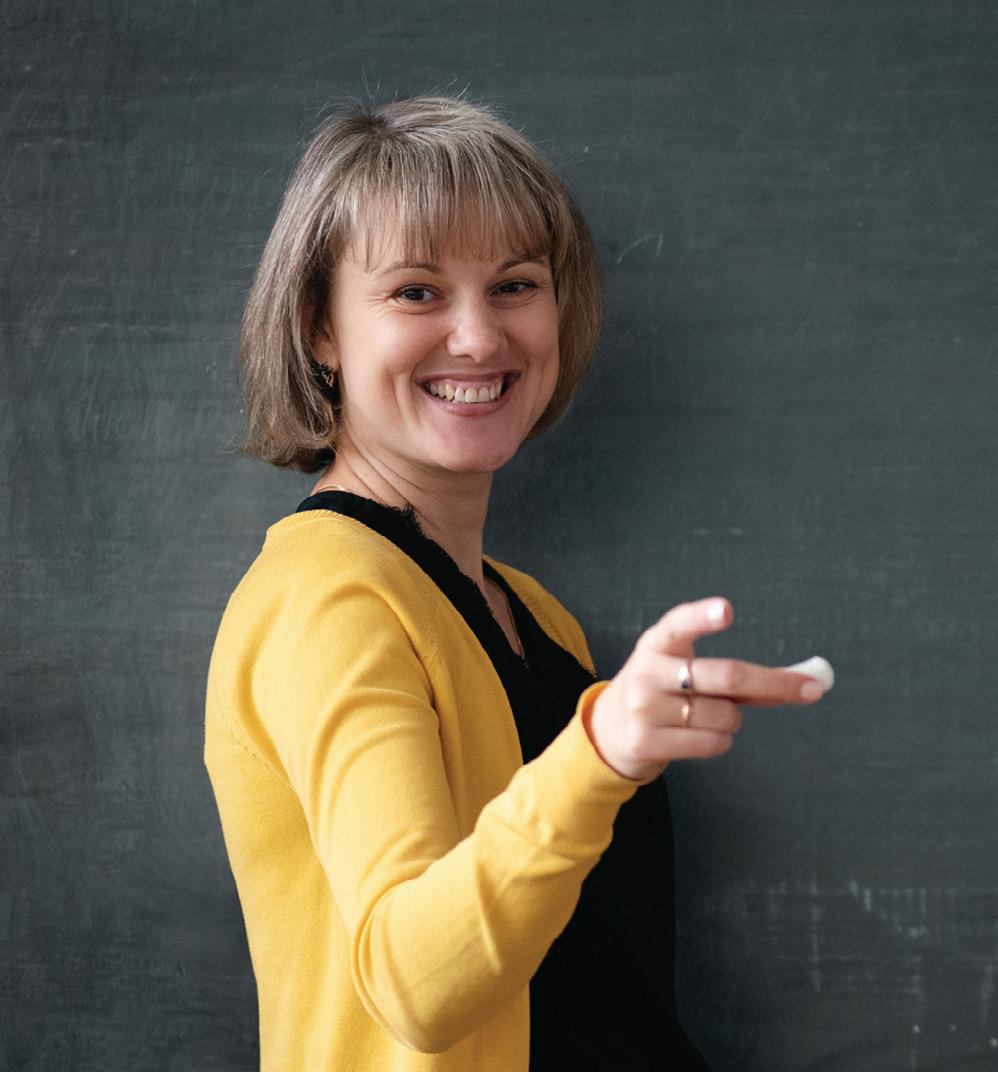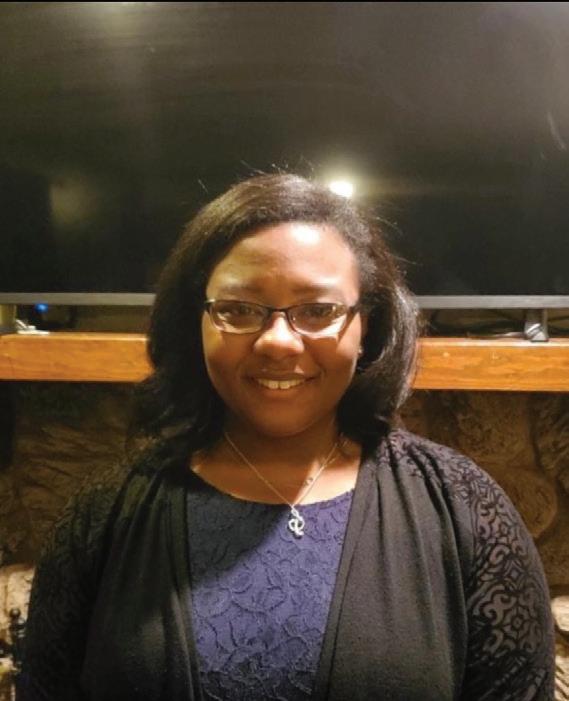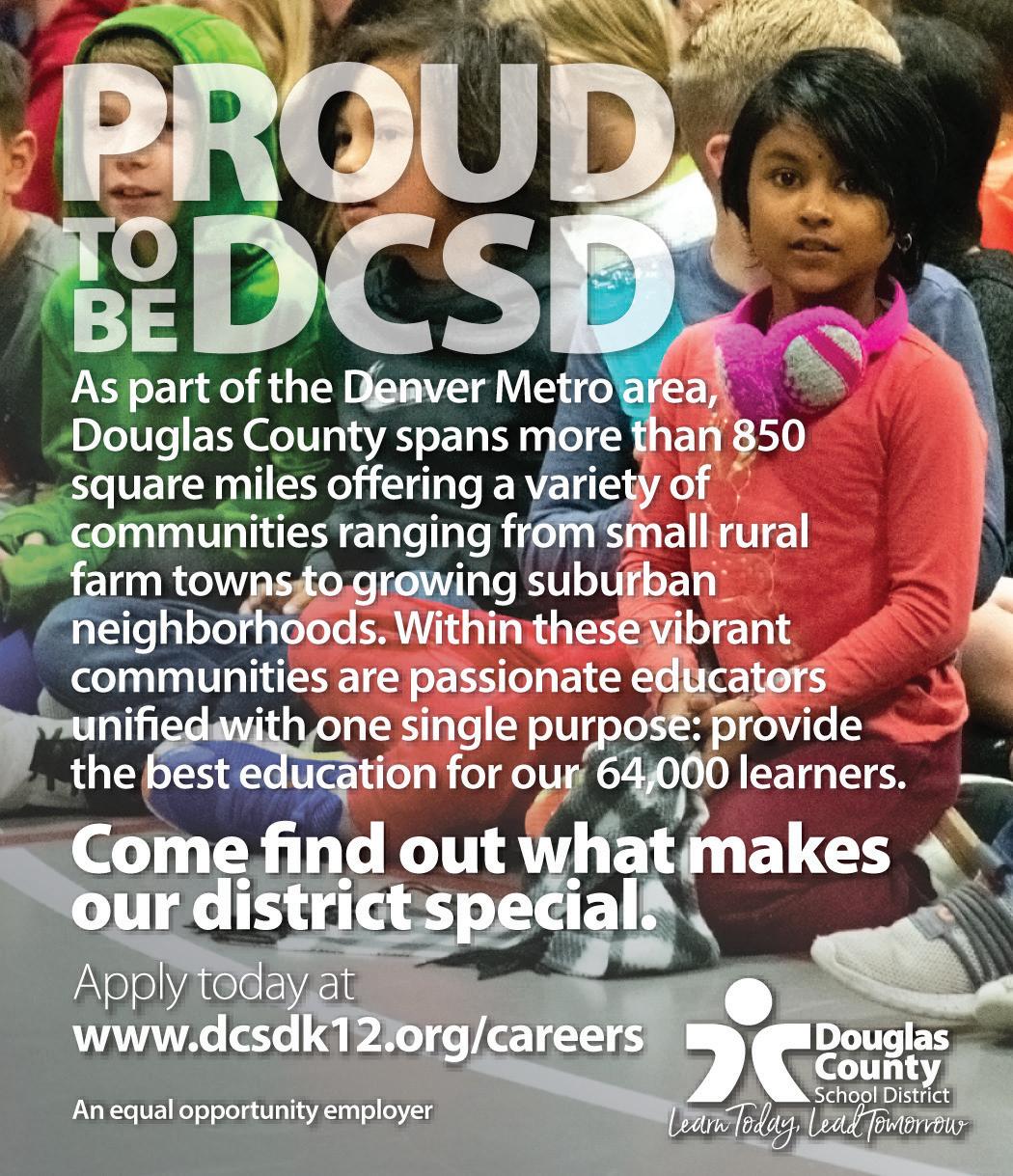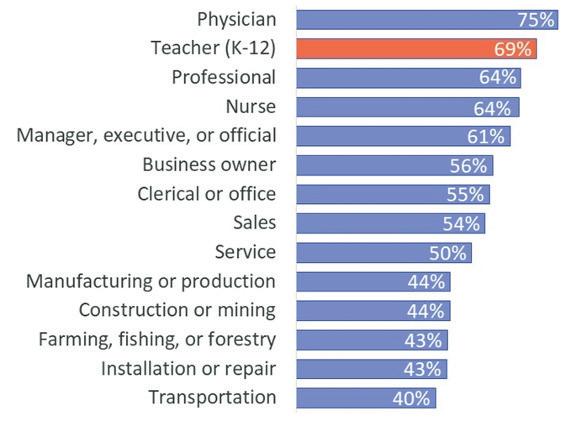Preparing for Interviews and Job Fairs
Top Ten Interview Questions Asked by School Administrators Dr. Robert Feirsen Dr. Seth Weitzman Chair, Education Department, New York Institute of Adjunct Assistant Professor, Mercy College, New York; Principal Technology; Superintendent (retired), Garden City Public (retired), Hommocks Middle School, New York Schools, New York
T
o identify our “Top Ten Interview Questions,” we surveyed fellow school administrators, asking them to submit the most frequently asked interview questions. But before we divulge our list, consider these two all-purpose tips: First, preparation is key. Learn as much as you can about the school before the interview. Browse the school’s website online, study School Report Card data, maybe question neighborhood parents. Research will help you anticipate questions. For example, if you learn the school adopted a one-to-one computer initiative, you can bet you will be asked about using technology in the classroom. Or, if you discover the PTA sponsored an informational meeting about the Common Core, interviewers are likely to ask how you would implement the standards in your classroom. Second, your responses to interview questions should be approximately two to three minutes long. In an interview scheduled to last 30 minutes consisting of ten carefully planned questions, we’ve seen candidates talk themselves out of the job by droning on for 15 minutes while answering the first question. If you practice interviewing with a timer, you’ll learn to pace yourself. Remember that two to three minutes is actually quite a long time to make a statement: if you are well prepared for the interview based upon your research and the practice you’ve had answering anticipated questions, your responses will be clear, well informed, and well received.
Here are the Top Ten Interview Questions from our poll of school administrators: 1. Tell us about yourself.
By starting the interview with this fairly easy question, we’re helping raise the candidate’s confidence. First impressions often last, so be sure you are well practiced answering this first and most common question. Focus on your educational background and your work experiences, and highlight your strengths. If there is something of which you are particularly proud, this can be a good time to mention it.
2. What is your philosophy of teaching?
The interview committee will be evaluating whether you are a reflective practitioner, the most important characteristic that distinguishes a future master teacher. What professional books, pedagogical theories or education gurus have shaped your practice? Summarize how these principles will be implemented in your classroom.
3. Describe an effective lesson.
56
Since this question is so comprehensive and critical, this is the one response that can go beyond 2-3 minutes. Begin with an explanation of the objective and your primary considerations in planning the lesson. Moving ahead, describe what students will be doing during the
American Association for Employment in Education
lesson and your role. How will you differentiate to meet the diverse needs of all learners? How will you assess whether students are learning? If you have a portfolio, you can open to a page displaying photographs of the actual lesson in progress.
4. How do you differentiate instruction?
You may encounter various forms of this question including, “How do you address the needs of students with disabilities?” “How do you group students for instruction?” and “How do you work with gifted learners?” In each response, it’s best to try to integrate what we know about best practice with specific strategies and activities you have implemented, or can implement, in the classroom. The school wants to know that you can work effectively with students from all points along the achievement continuum.
5. Be ready to address questions specific to the grade or discipline you would be teaching.
Elementary and middle school teachers can count on questions about the Common Core and/or any standards the state or district has adopted. Science and social studies teachers have new standards too, developed by their professional associations. If you’ve carefully researched the school, you can take an educated guess about what will be asked. For example, you might notice references on the school website to literacy blocks, middle school philosophy, or college and career readiness.
6. What is the role of assessment?
How do you use both formative and summative assessment to monitor student learning and inform instructional decisions? What tools do you use, for example, rubrics or analytic reports? You’ve taught it, but how do you know that they’ve learned it? Once again, a portfolio will come in handy to share an example or two. Many schools will inquire how you will prepare students to take high stakes standardized tests.
7. Tell us about a challenging student you taught.
After a brief summary of behavior and learning concerns, discuss your action plan and the impact of the intervention. The interviewers will expect to hear multiple strategies. In addition, it can be very impressive to add to your response new strategies you’ve learned since the situation transpired because this shows continuing professional development.
8. How do you partner with parents?
In forming a partnership, demonstrate you are both proactive and reactive. Proactive teachers keep parents informed of what is being taught and how individual children are progressing. The committee also wants to know how you would react to challenging situations by involving parents. You may cite a genuine success story.



